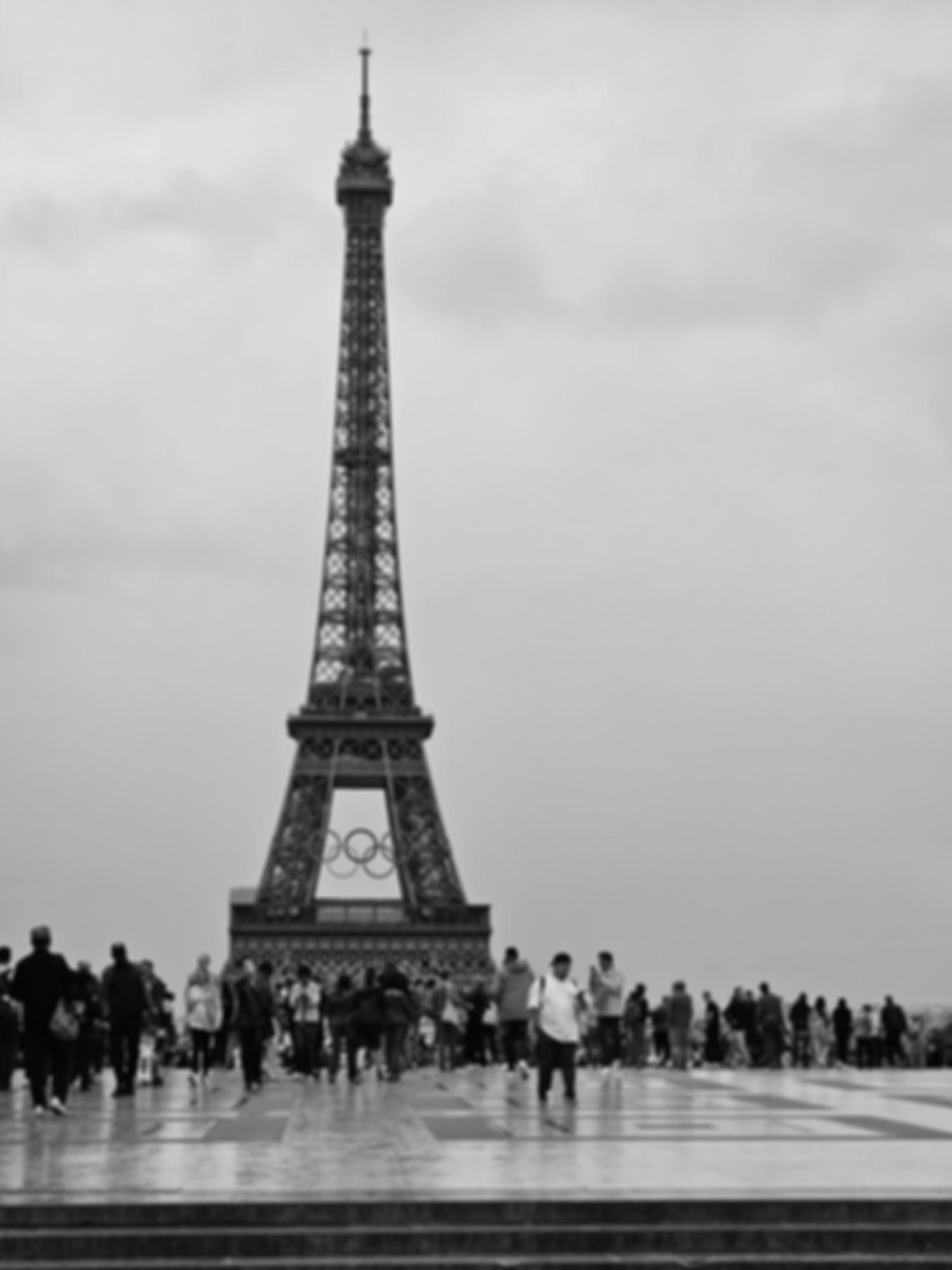With the Olympics and Paralympics in Paris this summer, we’ve been devoted to answering as many of your questions as possible. You might be wondering - will certain monuments still be open? What parts of the city require a QR code to pass through? Will local businesses close?
You asked - we answered. Read on for your ultimate guide to the Paris Olympics. Or, if you’d prefer to watch the answers, check out our recent video, where Jay explains it all (and more!)
Whether you’re planning a visit to Paris before, during, or after the Olympics and Paralympics, you’re sure to run into a variety of changes and disruptions in the city. Keep reading for your questions, and our answers.
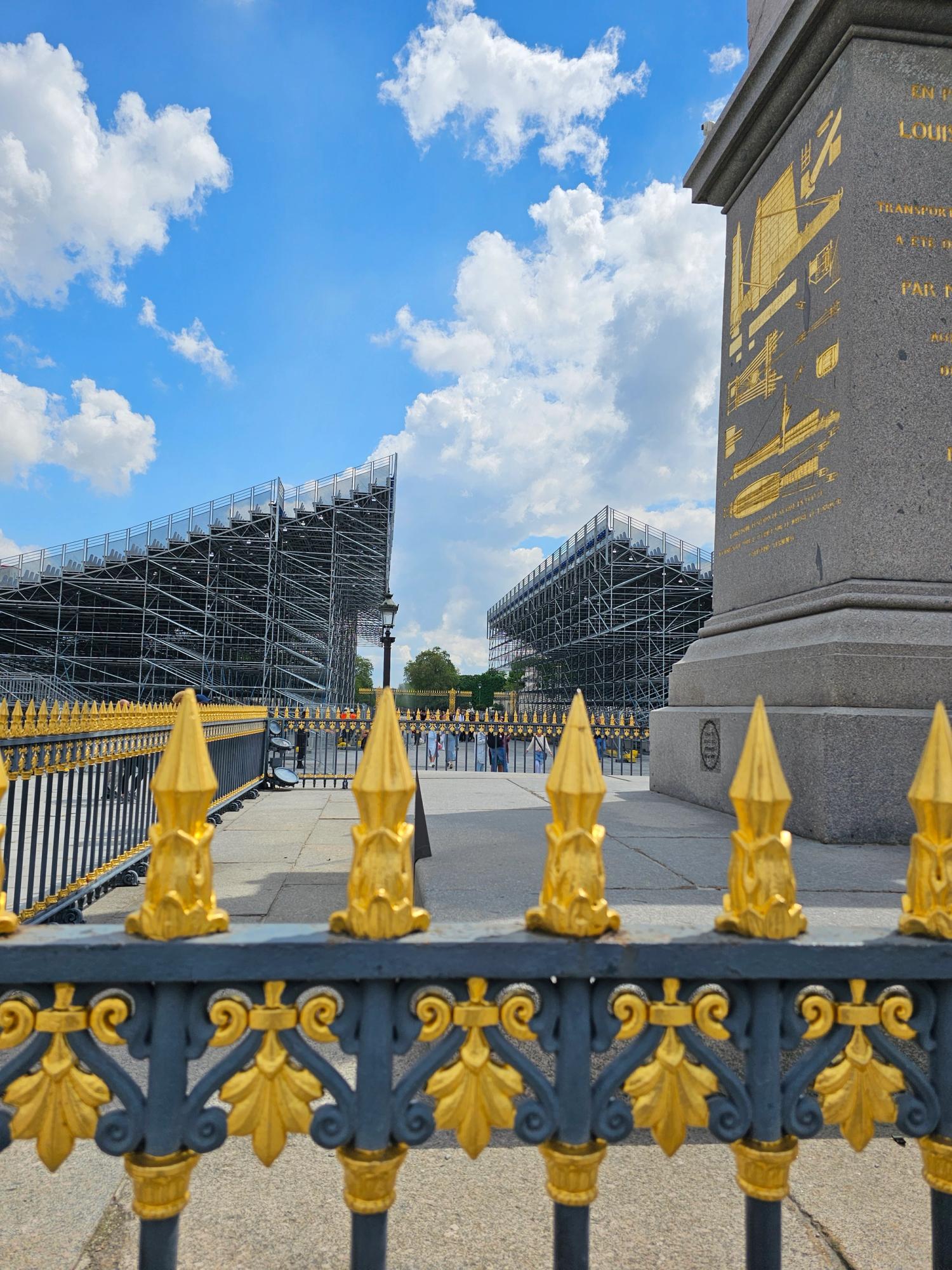
Question: When and where exactly are the Olympic and Paralympic games?
Answer: The Olympics will predominantly be held in the greater Paris area, with exceptions for football, basketball, sailing, surfing, shooting, and handball. The Paralympics, however, will be held almost entirely in the Paris region.
The Olympics will be held from: July 26th to August 11th, 2024. The opening ceremony will land on June 26th, which is probably the day with the most disruptions in Paris. Wondering when to stay home, watch movies, and eat ice cream in the Parisian heat? July 26th will be the perfect day for it!
The Paralympics will be held from August 28th to September 8th, 2024.
Other than the actual dates of the Olympics, the most disruptive period will be the eight days leading up to the opening ceremony, from July 18th-26th. However, most of the city will still remain unaffected - especially the areas where you’ll find the bulk of our food and drink recommendations. If you love Paris off the beaten path, the Paris in My Pocket way, you might not even notice much difference.
Important Note!
Temporary stadiums won’t be fully dismantled until October or November, so visitors traveling after the Olympics should keep this in mind!
Question: What areas of town will be most affected?
Answer: The principal areas affected by the Olympics will be on the west side of town, near the river. Specific areas like Trocadéro, Champ de Mars, the Esplanade des Invalides, Place de la Concorde, and the area between Pont Alexandre III and the Grand Palais will be locked down for events. The Tuileries Garden may also have limited access as it’s rumored to be hosting the Olympic Torch, but details will be finalized last minute for security reasons. We’ll update you when we know more.
Outside of central Paris, locations like the equestrian stadiums in Versailles, the aquatic center in Saint-Denis, and sports stadiums at Parc des Princes and Saint-Denis will also host events. Other than Versailles, these areas aren’t typical tourist spots, so chances are you won’t be affected.
One fantastic resource is an interactive map that shows what areas will be off-limits on specific days leading up to and during the Olympics and Paralympics.
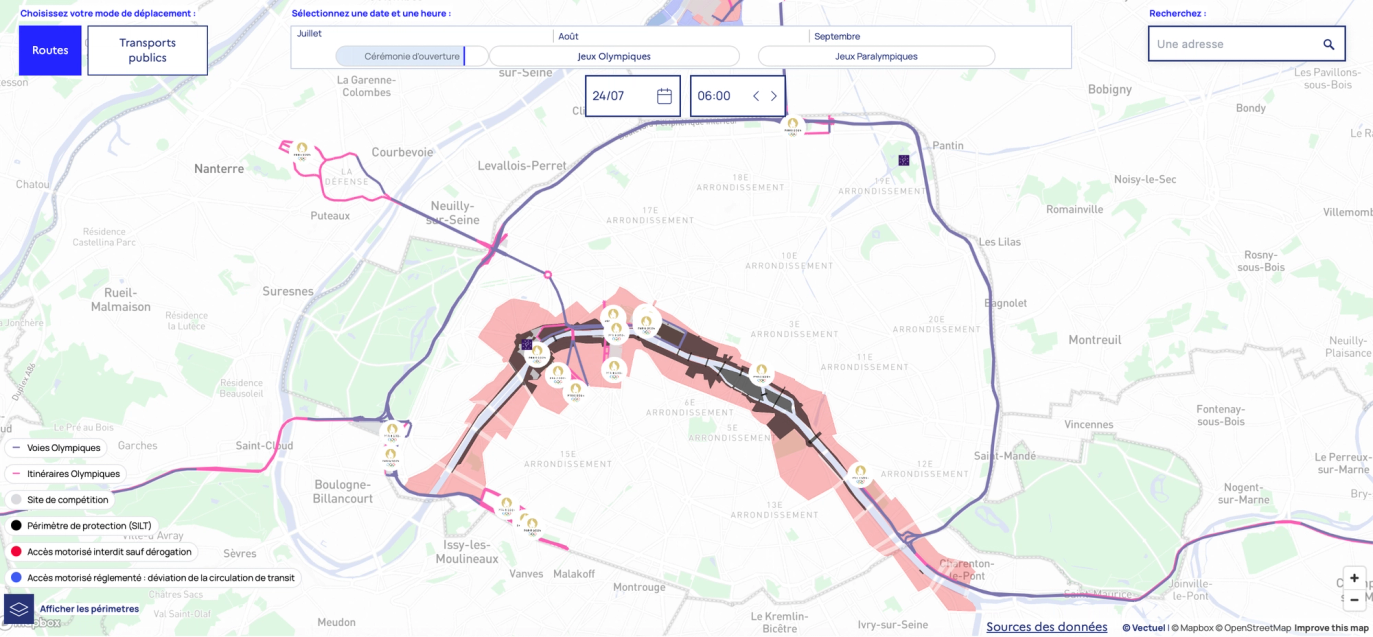
Great news! This website is finally available in English, though the map’s key remains in French. You can access it and set your own parameters here.
Pedestrians and cyclists will have access to most places where cars can’t go, so renting a bike is a great idea. Hit up our friends at Fat Tire Tours or Bike About Tours to grab your rental. The only places you won’t be able to enter at all without tickets are the event zones marked in gray and black. As you can see from the map, most disruptions will be localized and won't affect the majority of the city.
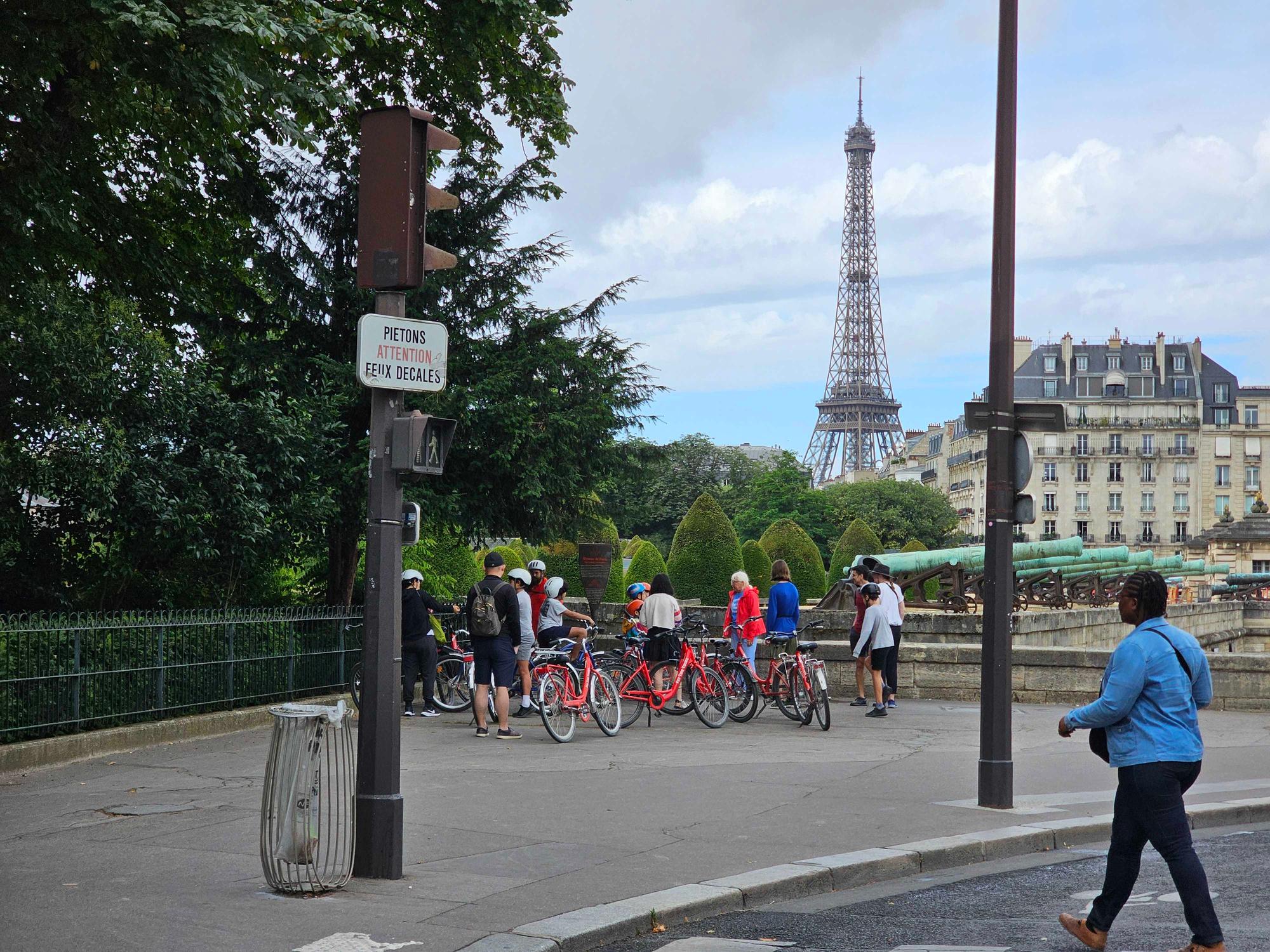
Question: What are the most useful apps and websites for visiting Paris during the Olympics anc Paralympics?
Answer: If you haven’t already nabbed your tickets, you can purchase them on the official ticketing website. There are still tickets available for various sports and great prices for the Paralympics. After buying tickets, you’ll need the official ticketing app to access them.
The app is super easy to use to access tickets, transfer them to a friend, or even resell.
For getting around, we recommend the Games Transport app and CityMapper. Both should be dependable and up to date with all transportation changes, closures, and itineraries.
And of course, one of the most useful tools for anyone visiting Paris any time of year is our guide - Paris in My Pocket. This web experience boasts an interactive map of the city, hundreds of recommendations, and lots of articles to help you prepare for your trip - so you can have the best possible time in the city of light.
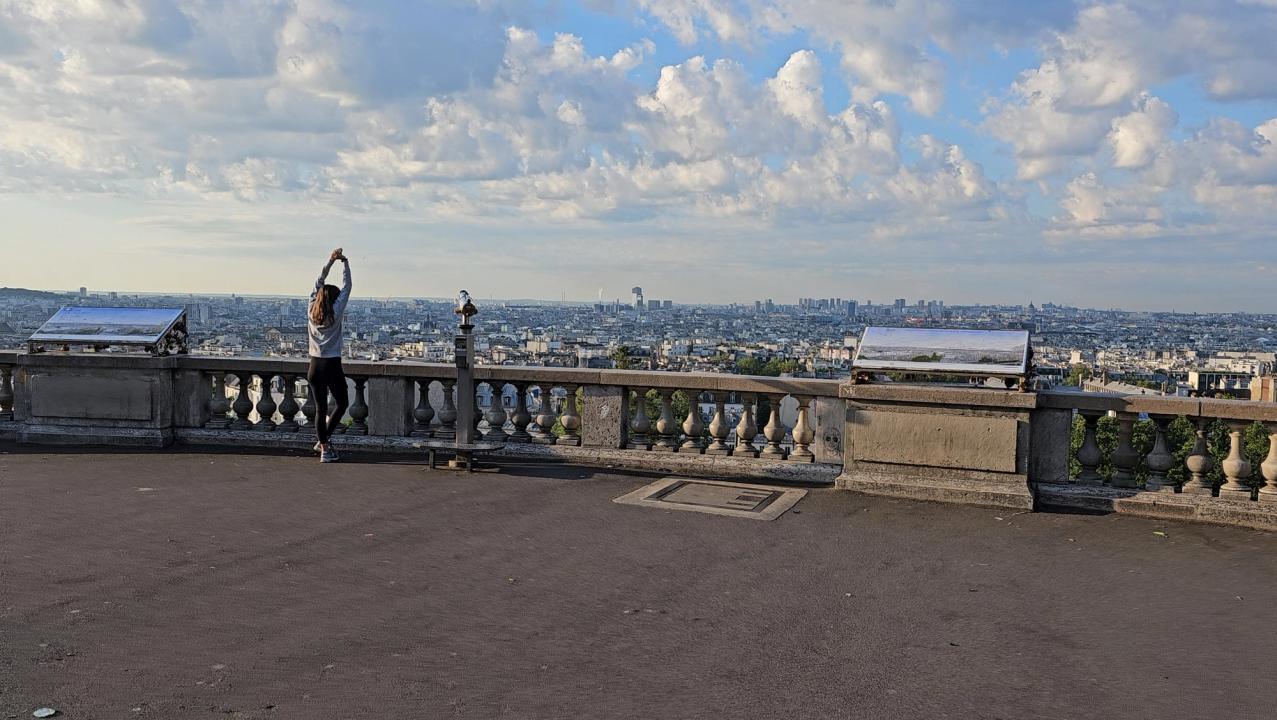
Question: How are non-Olympics tourist activities impacted, such as housing, monuments, and local businesses?
We’ll answer this question in three parts:
1. Housing Costs
Prices for lodging during the Olympics are projected to be the highest of the summer. The Paralympics will also have higher rates than usual, but the period between the two events looks to be much cheaper. However, overall, reports say that bookings have been down, so booking a place to stay won’t be hard even if prices are high, and Airbnb rentals are also reportedly down.
2. Monuments
Great news! Almost all monuments in Paris will be open as usual, except for the Olympic sites themselves like Champ-de-Mars and Trocadéro Gardens. The Eiffel Tower will only be closed for the opening ceremony on July 26th and for July 14th’s festivities.
The Museum of Man will be closed from July 20th to August 13th, but the Architecture museum will be open with limited hours, except around the opening ceremony dates. The viewing platform at Trocadéro will remain open to foot traffic after the opening ceremony.
For more monument details as well as dates for which bridges will be open when, click here.
3. Local Businesses and Restaurants
Most businesses and restaurants will remain open, hoping to capitalize on the influx of visitors. However, note that many plan to take a break between the Olympics and the Paralympics. Temporary summer terraces (les terrasse estivales) will be allowed to stay open until midnight (instead of 10pm) from July 1st to September 8th, so expect vibrant nightlife throughout the Games.
As for tours of Paris, boat tours will not operate the week before the opening ceremony, but other recommended tours will continue. Many tour companies are facing reduced bookings, so if you’re visiting, be sure to book a tour or a photo shoot to support them. Check out all of our recommended tours here.
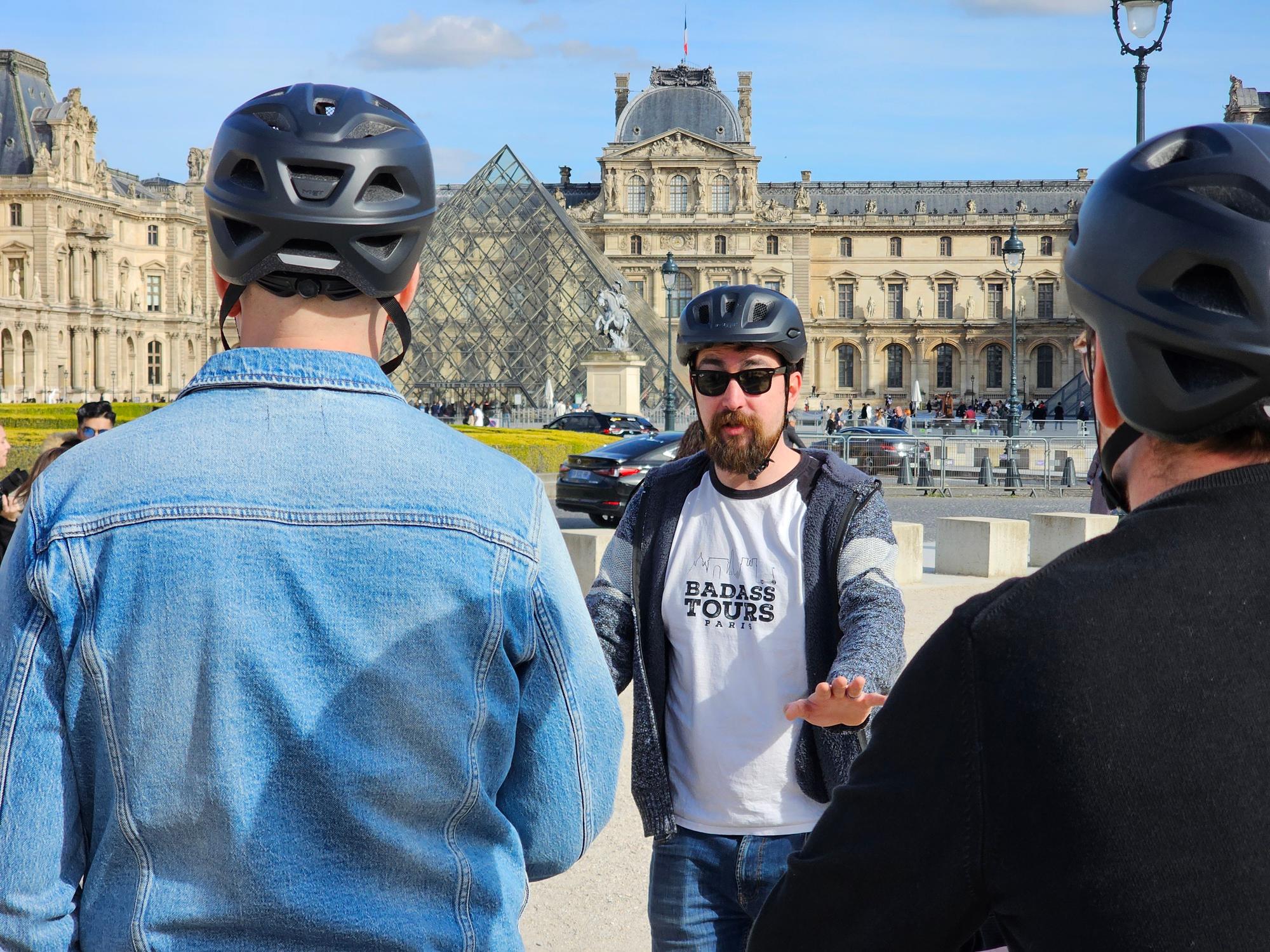
Important Note!
If you have reservations within restricted zones during the lead-up to the opening ceremony, you'll need a special pass!
You can still access them with proof of your reservation by applying for a Pass-Jeux in advance. It’s pretty easy to apply to, but can take some time to be approved, so be sure to request yours as soon as possible! Major monuments like the Eiffel Tower, Musee d’Orsay, Louvre, and Orangerie will have special corridors set up for visitors without a Pass-Jeux.
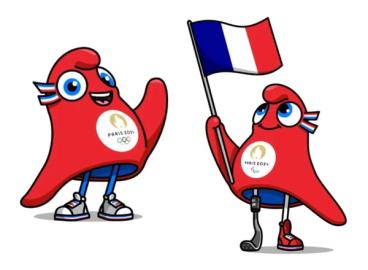
BONUS QUESTION: What the heck even is that mascot?!
Answer: It’s a Phrygian cap!
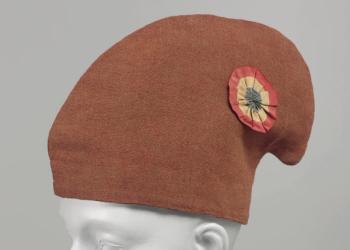
Follow up question: What is a Phrygian cap?
Answer: Fair enough! The Phrygian cap is a soft wool or felt cap, red or reddish brown. The top of it curls forward, giving it a unique shape. These caps originated in ancient Phrygia in Anatolia (hence the name) and are thought to have been worn by various Anatolian locals.
During the French Revolution of 1789 - the one we celebrate with Bastille day today, the cap was adopted by revolutionaries and it became known as the red cap of liberty. It evolved into a national symbol of liberty during the French Revolution, often worn with a cockade pinned to it, as seen in the image above. Source: Age of Revolution
The more you know!
Fun Fact!
Marianne, the national symbol of the French Republic, is frequently depicted wearing a Phrygian liberty cap.
We can’t wait for the Olympics. It’s going to be such a festive environment. Yes, it will be more expensive and there will be disruptions, but stumbling across an event can be a once in a lifetime experience. It’s been 100 years since the last time the Olympics were in Paris, so this is a rare opportunity to soak up the vibe.
And before you go! For a comprehensive guide to the best food, coffee, and drinks away from the crowds in Paris, check out our guide here. The parts of the city we most recommend are projected to be unaffected by the Olympics, so you can experience Paris like a local. We'll see you there!
Written and Edited by: Jay Swanson and Emily Guernsey
Researched by: The Paris in My Pocket Team


